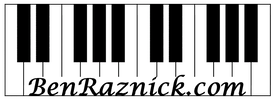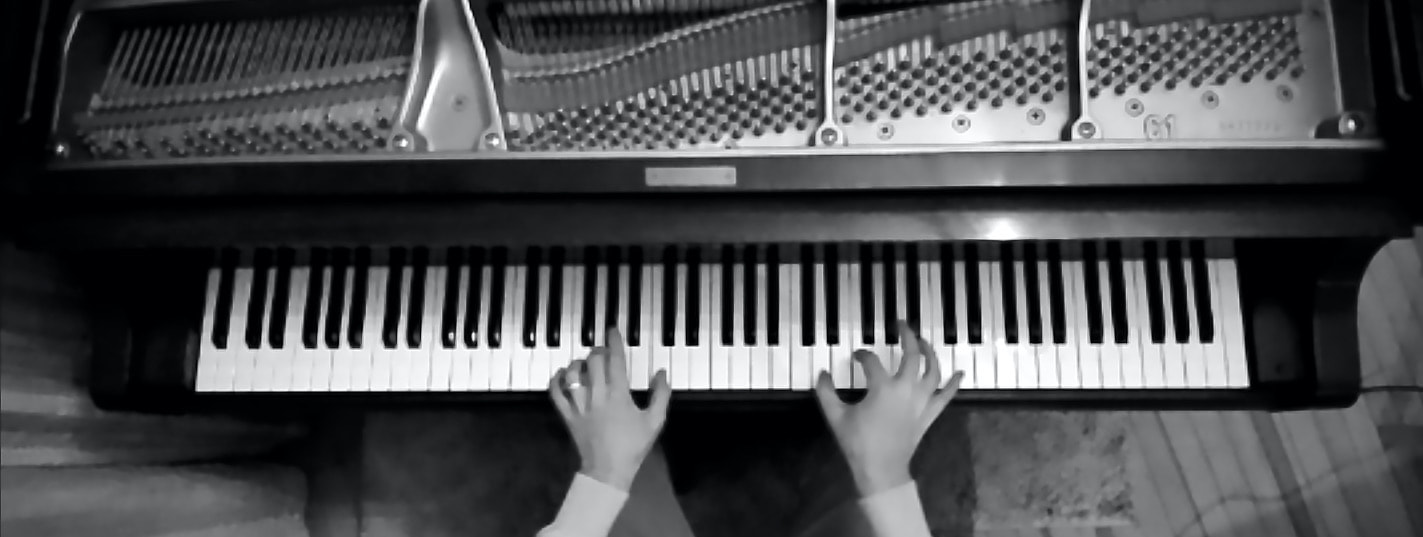|
Community Music Studio Developing Youth into Artists
Piano & Music Theory Lessons include: Weekly 60 / 45 / 30 minute lessons during academic year September-May Access to Online Audio Library with 11 levels and over 500 pieces Composition exercises with music notation software Diversity, Equity & Inclusion music and composer activities Technique exercises to promote healthy musicianship Beginning/end of semester evaluation activities Access to activities & performance opportunities in collaboration with: Denver Area Music Teachers Association (DAMTA) & Colorado State Music Teachers Association (CSMTA) Boulder Federation of Music Clubs (BFMC) & National Federation of Music Clubs (NFMC) Recommended Participation: -DAMTA Musicales - I encourage students to perform in monthly Musicales. They help students prepare to perform in upcoming festivals and competitions. Recitals are a useful tool for students to build confidence and improve their abilities, as well as introduce them to a wider spectrum of music by listening to other students of varying levels playing a variety of styles. -Boulder Federation of Music Clubs (BFMC) Festival - Each spring my studio performs in this wonderful festival. Events include: Solo, Concerto, Improvisation, Music Theory, Sight Reading, Duets, Duos, Trios, Quartets, Hymns and more. Students earn points per event to achieve trophies. To request more information, please contact me. |


